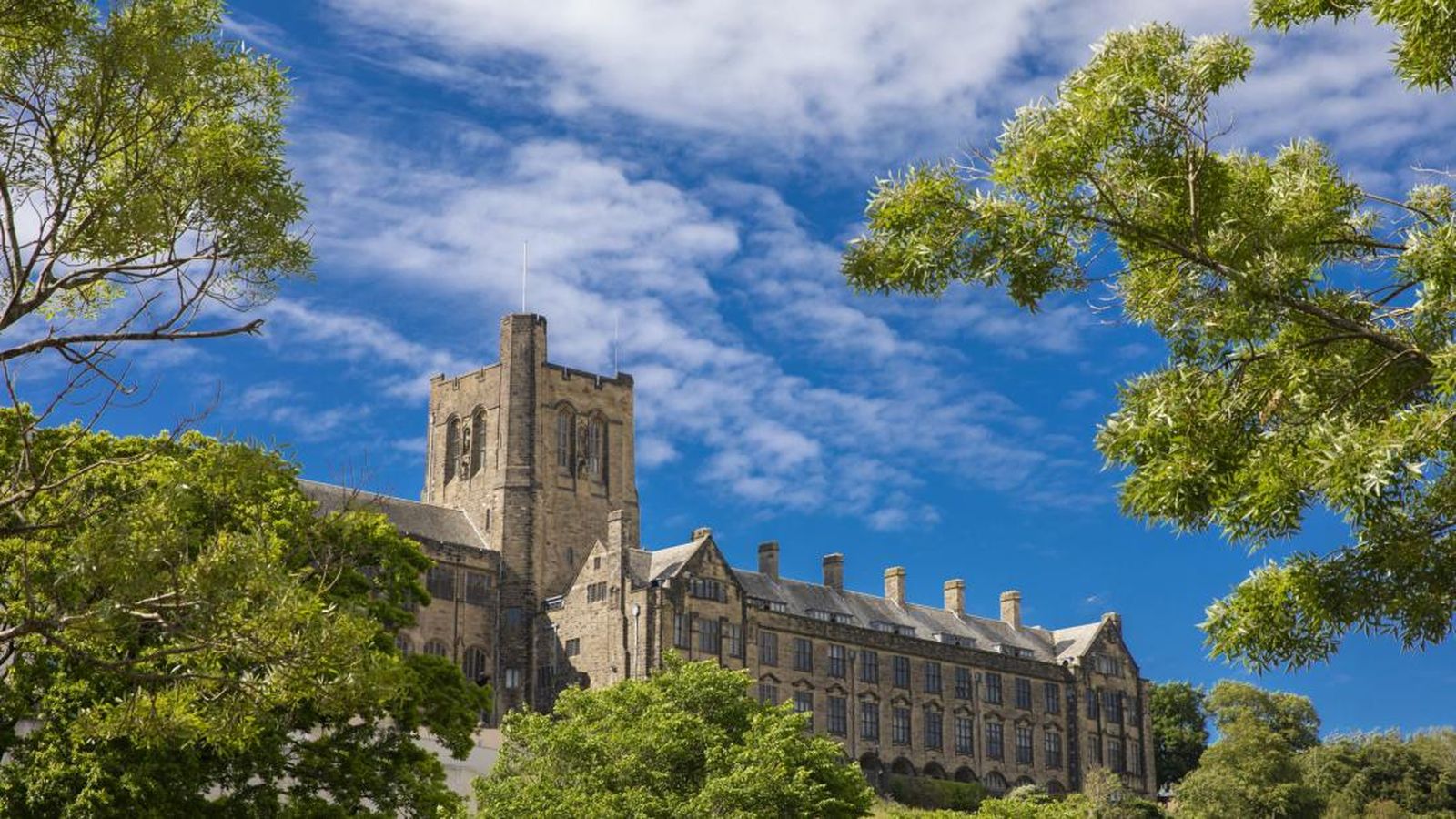Madalena Perdigão’s work recognized internationally

From September 4 to 6, this conference brings together experts and academics from all over the world to talk about the role of women in music. For the first time, Madalena Perdigão’s work will be the subject of a lecture entitled “Women Shaping Culture: Madalena de Azeredo Perdigão and her Outstanding Work in Portuguese Music Life from 1958 to 1989”. The speaker will be the researcher and musicologist Inês Thomas Almeida, who, alongside Rui Vieira Nery, curated the celebrations for Madalena Perdigão’s centenary and the publication of a book with her chosen texts entitled “Let’s take risks” (ed. Tinta da China).
Madalena de Azeredo Perdigão’s decisive role in the restructuring of Artistic Education in Portugal, within the Ministry of Education and as president of the Portuguese Association for Music Education, as well as her thinking on the arts and music that she put into practice in the country, through the work of the Gulbenkian Foundation, will be the central theme of Inês Thomas Almeida’s speech.
A key figure in the history of the Gulbenkian Foundation, Madalena de Azeredo Perdigão (1923-1989) marked Portuguese artistic life in the second half of the 20th century. As director of the Music Department, she played a decisive role in establishing structuring policies that brought new paradigms of advanced vocational training, internationalization, contemporaneity and heritage appreciation. At ACARTE – Serviço de Animação, Criação Artística e Educação pela Arte, she promoted innovative programming in the sense of a critical re-reading of the artistic canon, interdisciplinarity, multiculturalism and cultural mediation strategies.
Her contribution will now be known internationally at this conference which brings together big names such as keynote speakers Laurie Stras and Gabriella di Laccio, two of the most important figures in the current panorama of research into women in music. For decades, Laurie Stras has been dedicated to recovering and discovering women composers in Italian convents from the 16th and 17th centuries, who are only known thanks to her work. For her part, Gabriella di Laccio created the Donne Foundation UK just to give visibility to women in music, which, among other things, provides an online catalog of women composers and performers. This catalog, which began with just a few hundred names, now has more than 21,000 entries.
More info